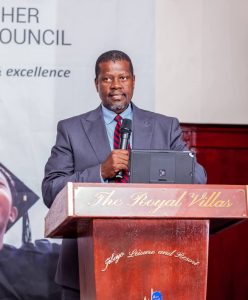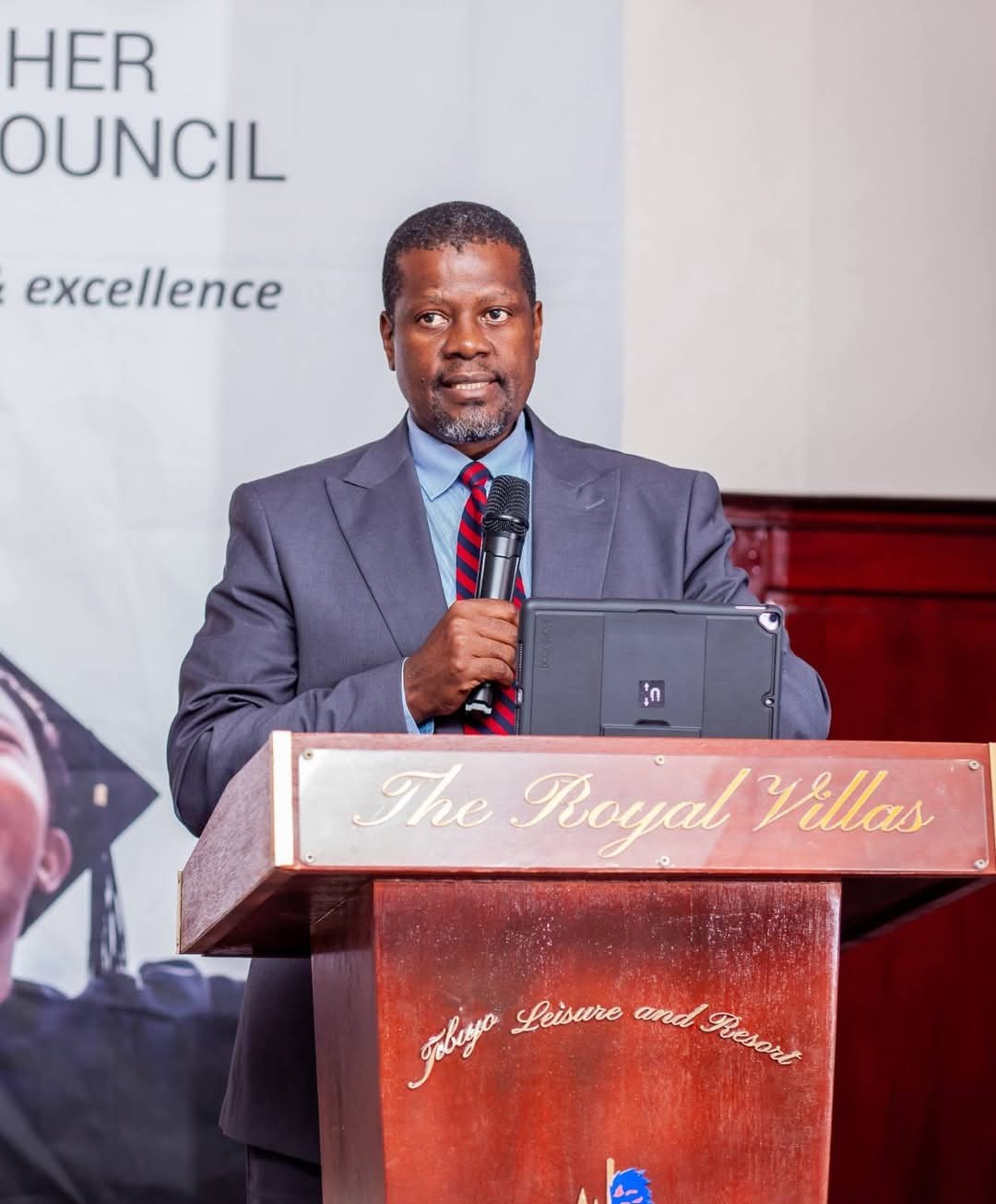By Kwanele Dhladhla
With a median age of 22.2 years and 40 per cent of its population under 15 years old the Kingdom of Eswatini boasts one of the youngest demographics globally.
This youthful populace represents a significant opportunity to harness a demographic dividend by cultivating a workforce, entrepreneurs, industrialists, and business leaders with skills aligned to modern industry needs.
However, many young Emaswati currently lack the skills and competencies required by today’s technology driven economy.
Recognising the pivotal role of human capital in driving economic growth and innovation, government and its social partners continue to invest considerable resources to enhance education, employment and entrepreneurship opportunities nationwide.
Against this backdrop, the groundbreaking National Skills Anticipation Report (NSAR) was launched on Thursday at an event hosted by the Eswatini Higher Education Council (ESHEC) at the Royal Villas in Ezulwini.
The NSAR was produced by the ESHEC in collaboration with ESEPARC and the Taiwan Technical Mission. The report follows the 2021 National Skills Audit and presents a forward-looking approach to aligning education with labour market demands.
The model predicts unemployment trends in shrinking industries, aiding workforce planning.
The report provided detailed skill demand projections, identifies shortages, and offers a clear plan to align workforce development with economic needs.
RELAETD: Threat of PEPFAR funding halt could reverse gains in HIV and TB response in Eswatini
A major highlight of the NSAR was the rising demand for soft skills alongside technical expertise. Employers across industries emphasise that communication, problem-solving, adaptability, and teamwork were essential for career success.
Sectors such as tourism, retail, and finance face challenges in finding candidates with strong customer service and leadership skills, which were critical for business growth.
The Report was launched by Minister of Education and Training Owen Nxumalo during the event which was attended by a cross-section of participants including representatives from the government, the private sector, higher education Institutions, and students.

“The NSAR offers a thorough analysis of Eswatini’s labour market and industry trends and the evolving demand for skills for the future across key sectors.
It resonates with the views expressed by the nation during Sibaya, and the clarion call by His Majesty King Mswati III for quick transformative actions under the ‘Nkwe’ mandate,” said Nxumalo.
The minister went on to state; “the report aligns with the National Development Plan (NDP) and government’s strategic roadmap as it provides invaluable insights for policymakers, educators, employers, entrepreneurs and workers as Eswatini gears itself for future economic and societal advancements.”
Phiwayinkhosi Ginindza, the Chairperson of the ESHEC Board thanked ESEPARC and the Taiwan Technical Mission for the partnership.
“The report guides ESHEC in accrediting institutions to match industry needs. Next, we will introduce micro-credentials to boost employability,” Ginindza said.
He further called upon industry leaders to engage with them as ESHEC.
“It is only through collaboration that we can we align education with market needs and prepare a globally competitive workforce,” Ginindza emphasised.
Eswatini continues to struggle with a high skills mismatch index, as reported by the International Labour Organisation (ILO). Engineering and other technical fields remain underrepresented in the country’s workforce, limiting national growth potential.
While youth unemployment has dropped from 58.2 per cent in 2021 to 48.7 per cent, the need for proactive policies to sustain this improvement persist.
ESHEC Chief Executive Officer (CEO) Dr. Loretta Mkhonta said a new survey to see how short courses (micro-credentials) could help people learn specific skills quickly was on the cards.
She stressed that primary, secondary, high school, and tertiary education should be aligned with industry trends to equip graduates with relevant skills for a seamless transition into the workforce.
“The NSAR also integrates government economic plans, projecting the skills needed for key national projects.
By fostering synergy between education, industry, and policy, this strategic approach supports economic growth and strengthens the country’s capacity to meet emerging industry demands.
The report also looks at future job trends and the skills needed for big national projects. By bringing education, businesses, and government together, this plan will help grow the economy and create more opportunities for workers,” she added.


